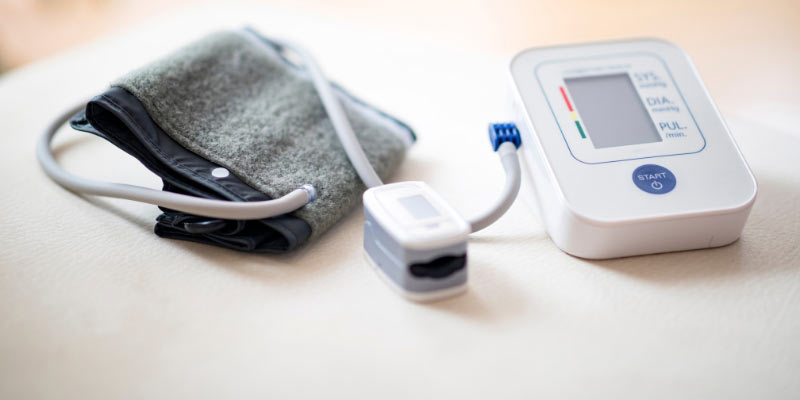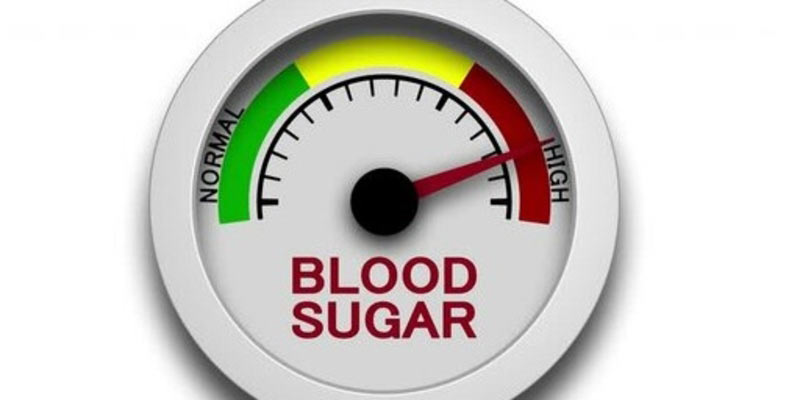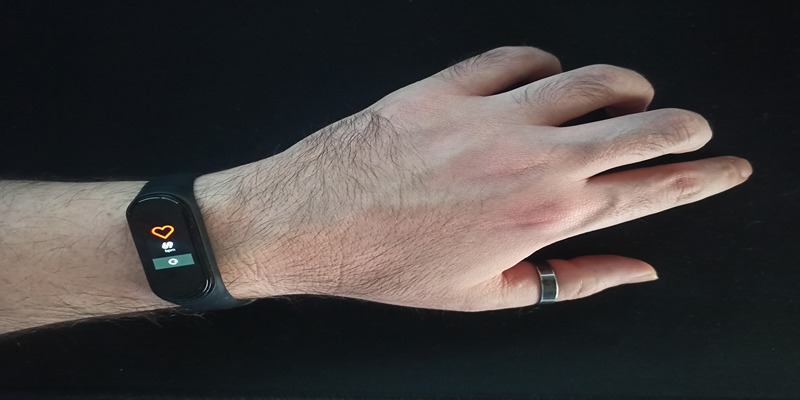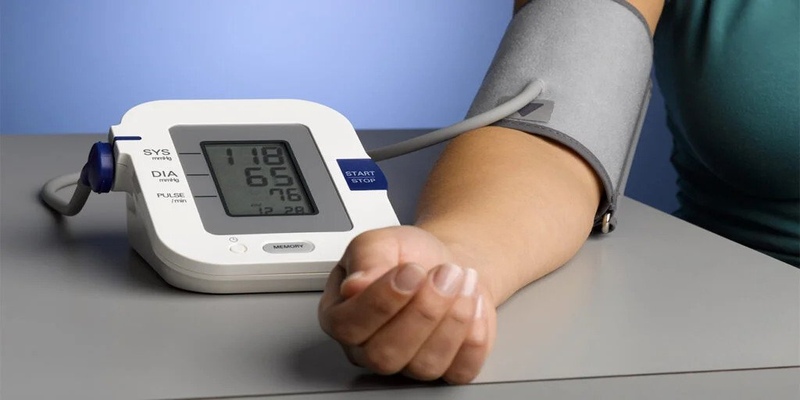Hypertension is commonly referred to as high blood pressure. It is a prevalent health condition. Its subtle symptoms often go unnoticed. Identifying these signs. However, is crucial for both early intervention and the prevention of potential complications. This article aims to explore an array of related topics including but not limited to hypertension symptoms, indicators suggesting elevated blood pressure, and clear-cut markers signifying high arterial levels.
Recognizing Hypertension Symptoms
A nuanced landscape of symptoms demands your vigilance towards any shifts in health. High blood pressure presents an array of signs, a condition known as hypertension:
- Persistent Headaches:
Morning frequent headaches may function as a warning sign for hypertension. These pulsating, dizziness-accompanied head pains underscore the need to discern this subtle symptom.
- Vision Changes:
The impact of high blood pressure on the eye's blood vessels can result in blurred or impaired vision. The link between hypertension and visual health becomes evident when a sudden visual disturbance occurs, thereby warranting immediate attention from a healthcare professional.
- Shortness of Breath:
When you experience a struggle to breathe or shortness of breath, this indicates an overworked heart. The heart is working hard to pump blood through constricted vessels. Thus, highlighting the cardiovascular strain that hypertension can induce.
- Chest Pain:
Chest pain or discomfort often disguises hypertension, frequently misdiagnosed as other cardiac problems. A medical professional must promptly evaluate persistent chest pain, underlining the cruciality of an accurate diagnosis.
- Fatigue and Confusion:
Unusual fatigue, difficulty concentrating, and confusion may be linked to hypertension. The impact of reduced blood flow on cognitive function demonstrates the broader effects of high blood pressure on overall well-being.
High Blood Pressure Signs - What to Look For?
Pivotal for early detection and effective management is the understanding of key indicators that signal high blood pressure. These include but are not limited to:
- Elevated Blood Pressure Readings: You must regularly monitor blood pressure. A consistently high reading, typically above 130/80 mmHg, serves as an unmistakable indicator of hypertension. This prompts the need for proactive health measures.
- Irregular Heartbeat (Arrhythmia): The impact of hypertension on the heart may cause irregular heartbeats known as arrhythmias, manifesting as palpitations or a fluttering sensation. This underlines the cardiovascular repercussions associated with high blood pressure.
- Nosebleeds: Frequent nosebleeds, though not exclusive to hypertension, might indicate heightened blood pressure. The systemic effects of this condition underscore themselves with damages done to small blood vessels in the nose.
- Kidney Problems: The kidneys can suffer adverse effects from hypertension, possibly resulting in conditions like kidney failure. The frequency and color changes of urination act as crucial indicators for underlying kidney problems associated with high blood pressure.
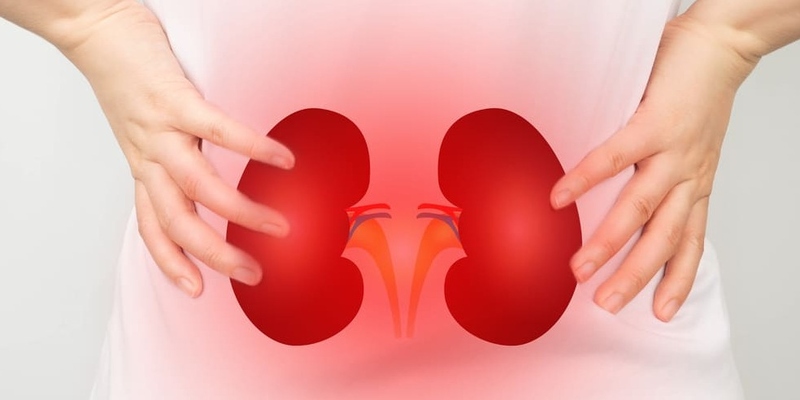
- Facial Flushing: Elevated blood pressure may manifest as flushed or red cheeks, often accompanied by a warm sensation on the face. Increased blood flow near the skin's surface causes this, providing a visible indicator of hypertension.
A Closer Look at the Indications for Elevated Blood Pressure
To comprehend the indicators of high blood pressure, you must conduct a thorough assessment of numerous factors that influence overall health. Such contributors warrant consideration:
- Age and Gender:
Age and gender-based variations present in the risk factors for hypertension. Before the age of 55, men confront a higher peril. Conversely, women experience increased susceptibility to post-menopause. It is crucial to acknowledge these distinctions. They inform tailored health interventions.
- Family History:
Individuals, indeed, bear a predisposition to hypertension due to their family history. This underscores the crucial role of genetics. By recognizing and acknowledging familial patterns, we can identify potential risks earlier. Subsequently, managing them becomes more effective.
- Lifestyle Factors:
A sedentary routine, poor diet, excessive alcohol consumption, and smoking. These are the unhealthy lifestyle choices that actively contribute to elevated blood pressure.
- Chronic Stress:
The release of hormones that elevate blood pressure can result from prolonged stress. Therefore, managing stress through relaxation techniques becomes crucial for overall cardiovascular health. This highlights the interconnectedness of mental and physical well-being.
- Existing Health Conditions:
Diabetes and high cholesterol are contributing factors to hypertension. The coexistence management of these health issues proves essential in the prevention and control of elevated blood pressure, thereby emphasizing the requisite holistic approach for effective healthcare.
Immediate Steps to Manage Hypertensive Episodes
Prompt action is necessary to alleviate symptoms and mitigate potential complications when one experiences an episode of hypertension. When faced with a hypertensive episode, take the following actionable steps:
- Stay Calm: Remaining calm is crucial. It mitigates additional stress on your cardiovascular system. To regulate your heart rate, employ a strategy of taking slow and deep breaths.
- Check Blood Pressure: Check your blood pressure using a reliable blood pressure monitor. This action offers immediate feedback on the episode's severity, a crucial piece of information that guides subsequent steps.
- Sit or Lie Down: Locate a serene, comfortable spot for sitting or reclining; this action mitigates strain on your heart, facilitating relaxation.
- Hydrate: Consume a glass of water. This simple act ensures adequate hydration, which in turn bolsters blood flow, potentially facilitating a decrease in your blood pressure.
- Avoid Caffeine and Stimulants: Avoid caffeine and stimulants, as they may worsen hypertension. Instead, choose herbal tea or water.
- Practice Deep Breathing: Promote relaxation and alleviate stress through engaging in deep-breathing exercises. Inhale gradually via your nose. Hold this breath for several seconds, then exhale deliberately through the mouth.
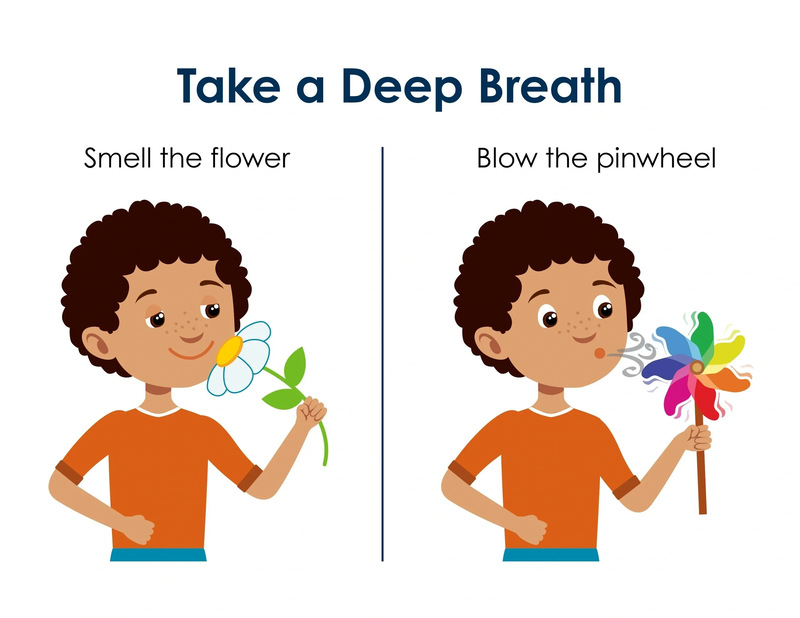
- Seek Support: If feasible, communicate your situation to a nearby individual. The reassurance and potential aid that support can provide may prove helpful, particularly if further assistance becomes necessary.
- Medication Adherence: Take the prescribed medication for hypertension as directed. Observe and adhere to your healthcare provider's recommendations regarding dosage during episodes.
- Emergency Services: Should symptoms persist or escalate, particularly alongside intense chest pain, breathing difficulties, or mental confusion. Immediate medical attention is paramount. Summon emergency services without delay for swift intervention.
- Monitor Symptoms: Maintain a diligent record of your symptoms and any fluctuations in blood pressure. This data proves invaluable for adjusting treatment plans, as necessary. This is a task entrusted to your healthcare provider.
- Follow-Up with Healthcare Provider: Following your experience of a hypertensive episode. Schedule a follow-up with your healthcare provider. Discuss the incident and any symptom changes. Collaborate on adjusting your treatment plan.
Always consult your healthcare provider for personalized advice and to ensure a management plan appropriate to your specific health needs. Remember, these steps serve as general guidelines. Varying individual responses to hypertensive episodes may necessitate tailored measures. Hence, it is crucial you seek professional guidance.
Conclusion
The bottom line is recognizing symptoms of high blood pressure. Understanding its signs, and heeding indications of elevated levels are pivotal for proactive health management. Through regular monitoring, adopting a healthy lifestyle, and seeking medical advice when necessary, we can significantly reduce the risk of complications linked to hypertension. It is crucial to remember that early detection and intervention drive the maintenance of not just your cardiovascular system but also your overall well-being. Prioritize your health, be cognizant of the signs, and actively take necessary steps towards a future abundant in heart health.
